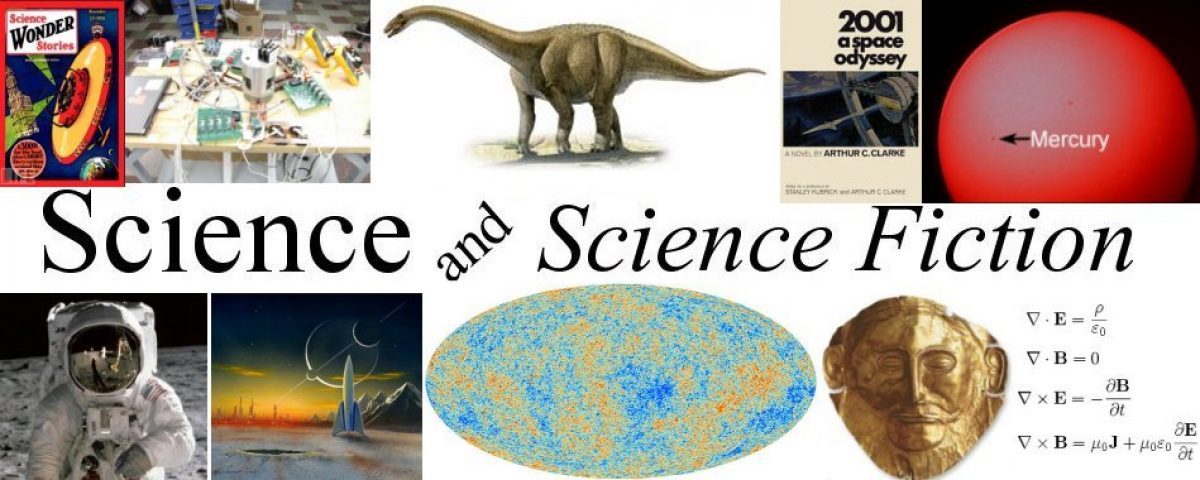One of the basic assumptions that Astronomers and Cosmologists start with as the try to understand this Universe we live in is that on the very largest scales it’s the same in every direction. That is, when we look deep into space at all the galaxies and clusters of galaxies, and voids between galaxies, the Universe looks pretty much the same in whatever direction we look. This property is know as isotropic.
This assumption is very basic to our understanding of reality. When I taught physics I always tried to impress on my students how, when you’re trying to solve a problem, you can put your origin anywhere you want and point your x, y and z axis in whatever direction want in order to make the problem easier to solve. So this idea is not only fundamental, it is also very useful.
Assumptions have to be tested however, and a group of Cosmologists at University College in London have used the data obtained by the Planck satellite’s observations of the Cosmic Microwave Background (CMB) to see if they could find any evidence that our Universe had a preferred direction or even if it had a spin. Now the CMB is radiation left over from the very earliest time after the big bang, photons of light that have whizzed through space for over thirteen billion years without interacting with any other particles giving us a baby picture of our Universe. (See the Image at the top)
The Cosmologists looked at the CMB data for any signs for elongations or spiral patterns that would indicate a preferred direction or an axis of rotation and they calculate that there is only a 1 in 121,000 chance that there is any anisotropic (non-isotropic) behavior in the CMB.
So it appears that all of our theories that are based on an isotropic Universe are still good, for now. In another decade or so another group of scientists will think of another way of testing this assumption with even greater precision and that’s as it should be. As human being we have to make assumptions, but we have to test them again and again.
For those who are interested, you can read more about the work of the University College of London cosmologists here:
http://phys.org/news/2016-09-scientists-universe.html
